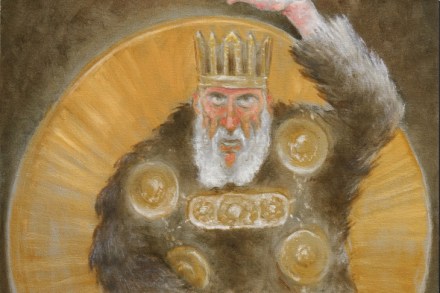As full of grief as age
Why are rehearsal diaries so compelling? One approaches them with cynicism and then ends up reading with racing heart through to the early hours, hurtling with a shared terror towards the described first night. First and foremost, there is the gossip, the sense of being behind closed doors, and gaining off-guard glimpses into the nature of those who are frequently well-fortressed. The character of this gossip changes markedly as the actor-diarist grows older. In youth it is all about which tearaway deals the best cocaine to enable company shagging: in age it morphs into which besuited figure makes the most ruefully telling remark at the latest in a series of




















